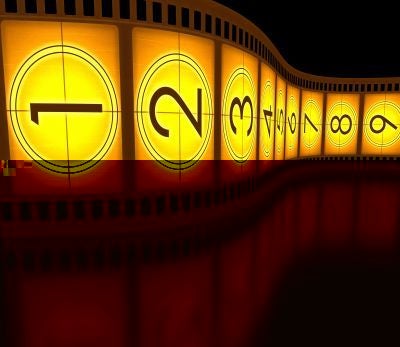Palestinian, Russian directed films win top Mideast prizes

Films directed by a Palestinian and a Russian claimed the two most lucrative prizes on Saturday as the final curtain fell on Abu Dhabi's Middle East International Film Festival.
Palestinian director Elia Suleiman's "The Time That Remains," about the emotional and humorous lives of Israeli Arabs in Nazareth, the director's home town, won a "Black Pearl Award" for best Middle Eastern film.
"The Arab public has changed a lot since my first film," Suleiman said after accepting the award from Hollywood star Orlando Bloom, referring to her 1996 movie "Chronicle of a Disappearance."
"It accepts the humour in my films and the younger generation is less influenced by ideologies and want more freedom and democracy," she told AFP.
The award featured 100,000 dollars' in prize money, an amount equalled by that for best overall film, which was won by "Hipsters" directed by Russia's Valery Todorovsky.
"Hipsters" portrays the lives of Soviet-era youths who embraced American music as a means of their struggle against the totalitarian regime of the now defunct USSR.
Eighteen films had been entered to compete in the Middle East International Film Festival featured. The jury was chaired by Iranian director Abbas Kiarostami.
Total prize money at the festival was one million dollars.
Most of the films included in the feature-length documentaries will be the first such time they are screened either in the Middle East or globally.
Join our commenting forum
Join thought-provoking conversations, follow other Independent readers and see their replies
Comments
Bookmark popover
Removed from bookmarks